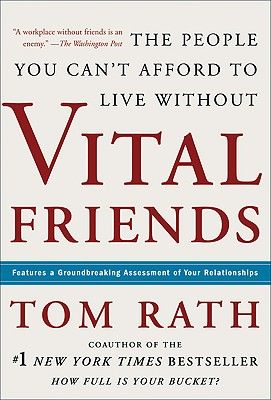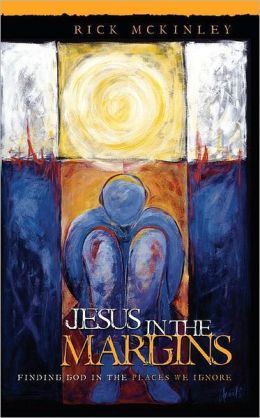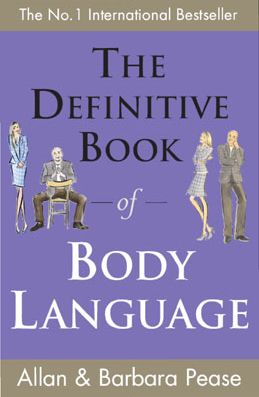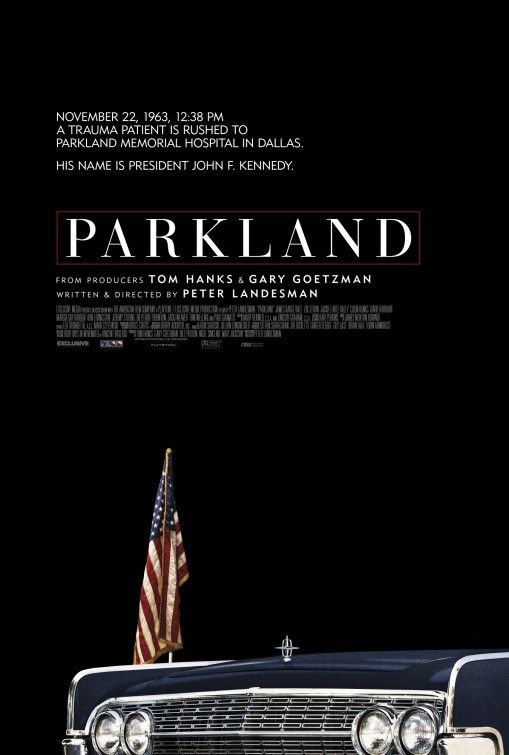Friday, September 02, 2005

I caught the last feature of Goethe Institut's German Silent Film Festival in Megamall last night which featured cinema great, Fritz Lang's Der Müde Tod (1921). Released as Destiny or Les 3 Lumieres (The 3 Candles in reference to the three short stories contained therein) in other parts of the world, the movie tells the story of Death paying a visit to a small German village and leasing a huge tract of land beside the cemetery for 100 years. The elders agree to his proposal without much objections since this stranger was willing and able to cover the rent for that time and besides they didn't know they were dealing with any otherworldly being. After a time the village elders paid him a visit and asked why he built a humongous wall around the lot without a door or a gate? He answered that there is a door but only he knows how to get in. Although they were confused by his statements they didn't dare ask any more questions and left him alone.
After which he walked for quite a distance outside before hitching a ride in a passing carriage along with a young couple. The newly married couple is freaked out as this new passenger did nothing but stare at them throughout their journey (disturbing what could have been their opportunity to neck). When the carriage arrived at the village the husband and wife went it to rest at the tavern and Death followed them shortly. He took the table beside theirs and continued to stare. Though positively annoyed by this the young woman excuses herself to use the bathroom (stopping on the way to pet the cats and converse with the tavern owner). When she came back the creepy stranger and her husband were gone. She went out asking everyone she met on the street if they've seen the two. Fortunately one of them recalled seeing the two going outside the village towards the huge wall outside the cemetery. Sad and exhausted she sat beside it and fell asleep, come night time she was surprised by the procession of ghosts coming down the bend on the road towards her. They were really walking towards the invisible door in front of which she's sitting.
Figuring what was up, she went to the local alchemist and asked for a potion that could lead her to near death. But before she could do so the alchemist went to the next room to make her some tea, she spied what could be the one she's looking for and drank it. She then proceeded to the invisible door at the wall to face Death and ask for her hubby. Taking pity at her plight Death gives in to her pleadings on the condition that she save at least one of three souls in place of her lover. He then tells her three stories one at a time, the first one is set in Persia, the second in Venice, and the last in China. Each story revolved around a couple whose place they take and whose circumstances were similar to their own. She fails in each one and Death being a softie gives her another chance. If she could give another life in place of her hubbie's then he would give him back. She scares the living daylights out everyone she meets by begging for their life (including a pitiful beggar who was asking for alms). Incidentally a fire broke out in one of the inns and she rushed in upon hearing that a baby was trapped inside. Death then made an appearance holding out his arms asking for the baby in return for her husband. Faced with a difficult decision, she changed her mind and slowly roped the baby down and went with Death. It was a happy ending all the same since she and her husband were reunited.
This was a lot better than last week's and quite a beautiful story. One of the unique things about this film is the ingenious use of fonts to differentiate the main story from the three sub stories and the three stroies from each other. In the main story the filmmaker used a regular font, in the Persian story he used a font native to that land, in the Venice story he used an Old English font and in the Chinese story, he used a Chinese-looking font. The special effects used for the film is also astounding considering the period. At a time when Hollywood was still crawling with their filmmaking techniques, German cinema was soaring with ideas left and right. I wish you could all have seen this movie. Don't dare miss it if you do have the opportunity to watch this.

 @ 1:17 PM --->
@ 1:17 PM ---> 














